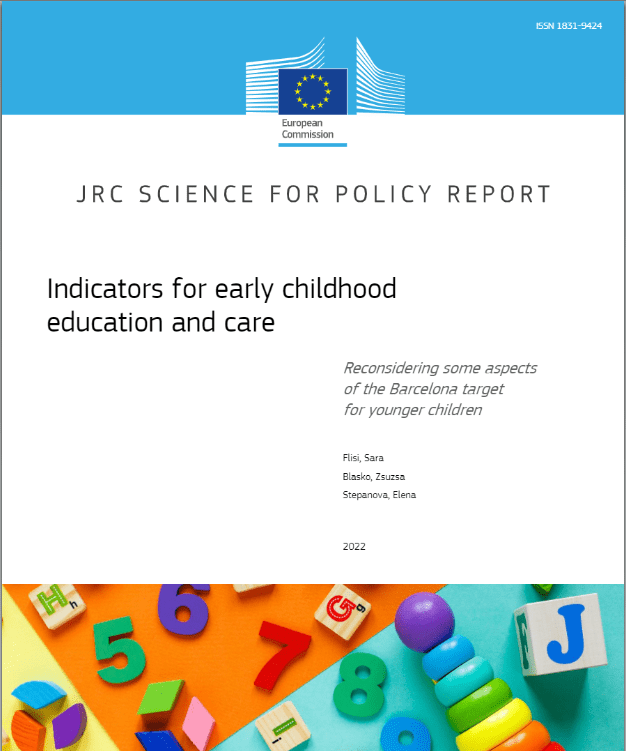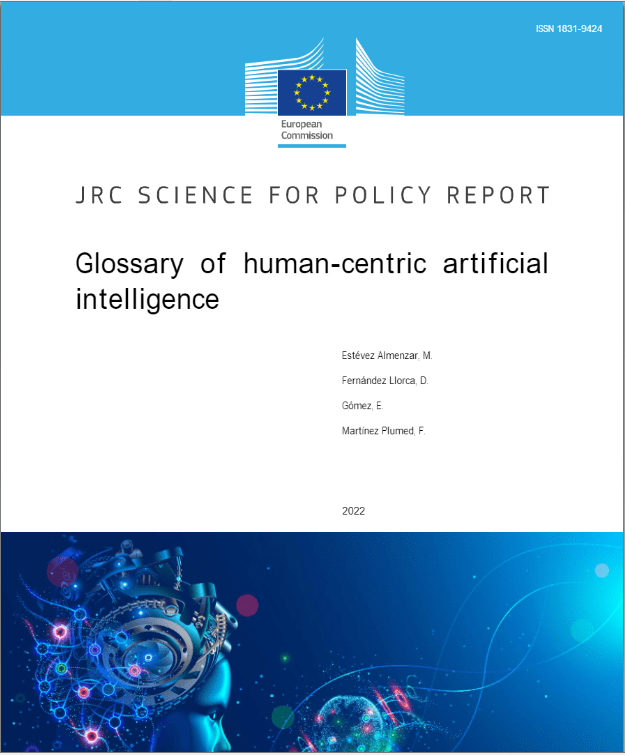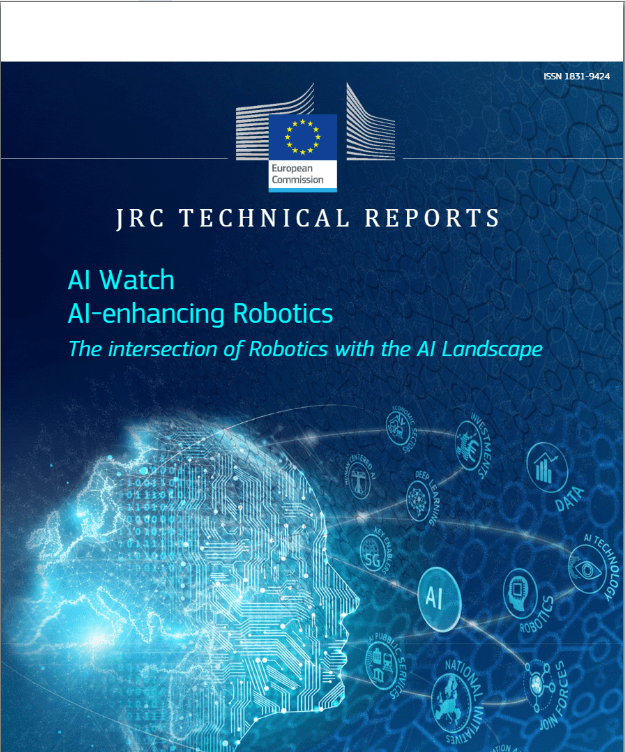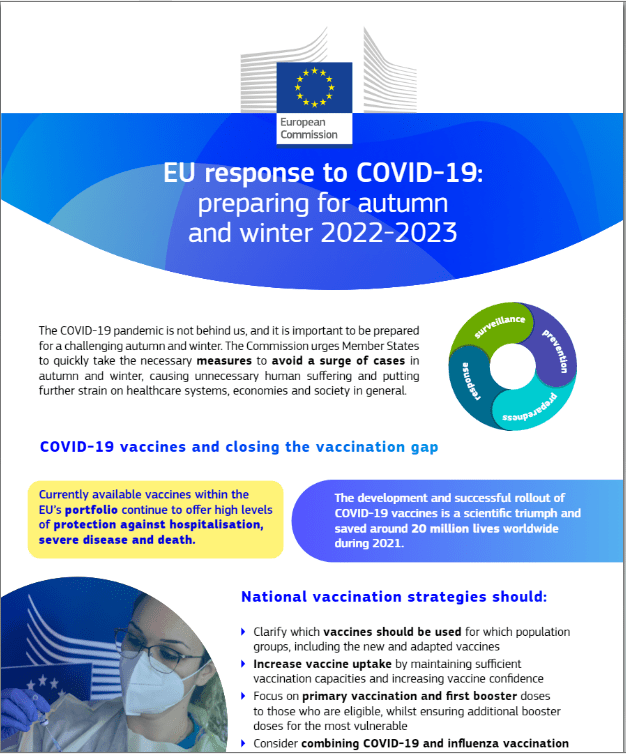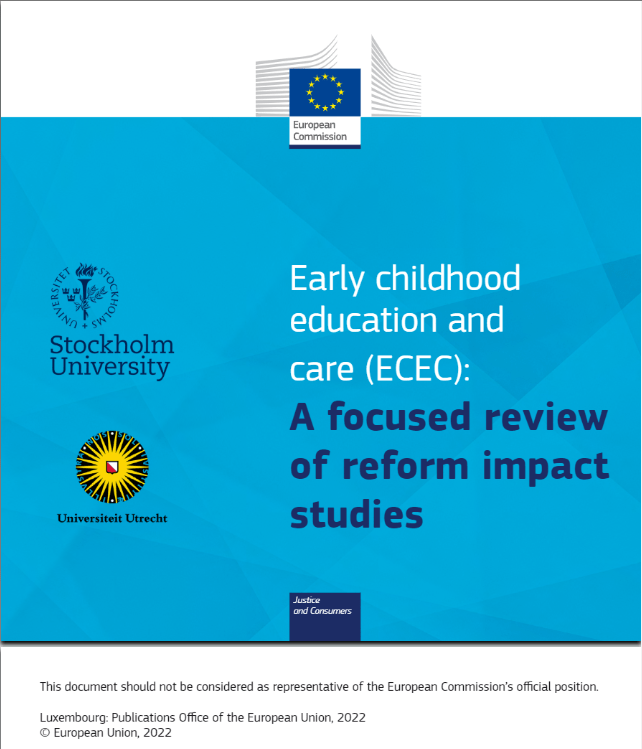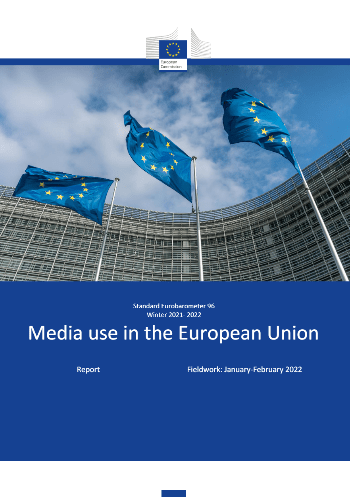
CDE Almería - Centro de Documentación Europea - Universidad de Almería
Centro de Documentación Europea de la Universidad de Almería
Unión Europea
Documentación comunitaria en las áreas de Becas y Prácticas, Cooperación Internacional, Cuerpo Europeo de Solidaridad, Movilidad, Migración, Voluntariado, Organismos e Instituciones y Vida Política. Contiene también las últimas noticias, mediateca y boletines relacionados con la materia.
Estás aquí: Fondo Digital CDE > Unión Europea

The new European Care Strategy, aimed at ensuring that people in need of care have access to affordable care of good quality at all stages of their life, includes a proposal for a Council Recommendation for the revision of the so-called Barcelona targets on early childhood education and care (ECEC). The Barcelona targets were adopted by the European Council in 2002 with the aim of removing disincentives to female labour force participation by enhancing the provision of ECEC. This JRC report provides evidence in support of the revision of the Barcelona target for children under 3 years of age, and of the development of possible complementary indicators that can underpin the monitoring of country progress towards the Barcelona objectives. It provides an overview of the existing indicators used in the Commission to monitor participation in early childhood education and care for children below 3, and of the data sources available for this purpose at EU level. It also presents possible options for a more comprehensive monitoring of the progress towards reaching the target: (i) by paying special attention to the ECEC attendance of children aged 1 to 2; (ii) by taking intensity of care into account; and (iii) by paying special attention to children from socially disadvantaged families. The report concludes by offering a number of recommendations for ensuring data quality and helping more adequate monitoring and interpretation of the Barcelona indicator.
[Leer Más]Over the last few years, Artificial Intelligence (AI) has become a very active research topic, moving from a purely technical field to an interdisciplinary research domain and a very active topic in terms of policy developments. The European approach for AI focuses on two main areas: excellence and trust, enabling the development and uptake of AI while ensuring people’s safety and fundamental rights. However, research and policy documentations do not always use the same vocabulary, often generating misunderstandings among researchers, policy makers, and the general public. Based on existing literature in the intersection between research, industry and policy, and given the expertise and know Joint Research Centre, we present here a glossary of terms on AI, with a focus on a human-centric approach, covering concepts related to trustworthy artificial intelligence such as transparency, accountability or fairness. We have collected 230 different terms from more than 10 different general sources including standards, policy documents and legal texts, as well as multiple scientific references. Each term is accompanied by one or several definitions linked to references and complemented with our own definitions when no relevant source was found. We humbly hope that the work presented here can contribute to establishing the necessary common ground for the interdisciplinary and policy-centred debate on artificial intelligence.
[Leer Más]This report provides insights on the composition and status of Artificial Intelligence-enhancing robotics around the world, with a specific focus on the European Union. AI-enhancing robotics is understood in this report as the intersection between artificial intelligence and robotics and is identified by exploring the presence of activities related to robotics within the global AI landscape. The AI-enhancing robotics domain is mapped and explored in three subdomains and several thematic areas by employing the JRC Techno-Economic Segment approach. Based on a tech-mining approach, we look at the players (firms, research institutes and governmental institutions) active in AI-enhancing robotics internationally. Furthermore, we describe players that produce or commercialise products and services related to AI-enhancing robotics. After conducting a bottom-to-top exercise, we identify three subdomains. In decreasing order of closeness to market these are: (i) “AI-enhancing Robotics Industry”, (ii) “AI technological support for Robotics”, and (iii) “AI-enhancing Robotics Research & Innovation: Publications and Projects”. We also observe how the presence of ancillary B2B services integrating AI-enhancing robots in existing economic activities is emerging. The report’s findings confirm that the US, China and EU27 are the leading players in the AI-enhancing robotics landscape, in a supply perspective. The EU27 shows an important specialisation in most of the thematic areas. Considering EU Member States (MSs) individually, the highest numbers of players are concentrated in Germany, France, Spain and Italy.
[Leer Más]The COVID-19 pandemic is not behind us, and it is important to be prepared for a challenging autumn and winter. The Commission urges Member States to quickly take the necessary measures to avoid a surge of cases in autumn and winter, causing unnecessary human suffering and putting further strain on healthcare systems, economies and society in general.
[Leer Más]The European Pillar Action Plan highlighted the importance of childcare as an important element to increase women’s employment rates. Childcare is also a headline target of the European Pillar of Social Rights, and central to the Gender Equality Strategy. Against this background, we provide a focused literature review to inform the preparation of a proposal for a Council Recommendation on early childhood education and care (ECEC) provision, including a revision of the Barcelona targets on childcare. Specifically, the focused literature review should contribute to answering two questions: y Which aspects of childcare policy reform affect parents’ decision to use childcare (i.e., participation rates of children)? y Which aspects of childcare policy reform affect labour market participation for mothers as well as gender equality in general? The aim of the focused literature review is to provide an evidence base directly relevant to policy makers regarding the revision of the Barcelona targets. To that end, the emphasis in the literature review is on formal childcare (i.e., paid, non-parental care typically outside the parental home) and specifically on childcare policy reforms (i.e., changes to childcare policy rules relating to various aspects of policy design, such as childcare accessibility (including eligibility conditions), affordability (including out-of-pocket expenses and mode of financing), and quality (mostly focusing on structural quality, such as staff educational requirements or restrictions on group sizes). The review is focused explicitly on reforms related to the outcomes of interest to the European Commission: children’s participation rates, mothers’ employment, working hours, and earnings. This report is structured as follows. First, we provide a theoretical background based on the (comparative) literature on ECEC in relation to its use and outcomes relevant to maternal employment and gender equality. This background covers literature outside the scope of the focused literature review itself, to provide a broader context to interpret – and organise – the results. Next, the methodology will be introduced. A third section presents the results of the focused literature review, focusing consecutively on (aspects of) reforms that affected ECEC use, maternal employment rates, working hours, and finally earnings. The review concludes with an overview of key findings, and a number of broader reflections.
[Leer Más]El informe completo de la encuesta Standard Eurobarometer 96 consta de varios volúmenes. El primer volumen presenta los resultados de las preguntas generales sobre el estado de la opinión pública en la Unión Europea. Otros cuatro volúmenes presentan las opiniones de los europeos sobre los siguientes temas: las prioridades de la Unión Europea; la ciudadanía europea; el uso de los medios de comunicación en la Unión Europea y la Unión Europea y la pandemia de coronavirus. Este volumen presenta un análisis del uso de los medios de comunicación por parte de los ciudadanos europeos y abarca los siguientes temas Uso de los medios de comunicación y confianza en ellos: ¿en qué medida los ciudadanos europeos utilizan más los distintos medios de comunicación? ¿Qué grado de confianza tienen los europeos en los medios de comunicación y en la información que proporcionan? El nivel de información sobre los asuntos europeos: ¿se sienten los europeos bien informados sobre los asuntos europeos? ¿Consideran que los ciudadanos de su país están bien informados sobre estos temas? Fuentes de información sobre asuntos políticos y la Unión Europea: ¿cuáles son las principales fuentes de información que utilizan los europeos para obtener noticias sobre asuntos políticos europeos y cuando buscan información sobre la Unión Europea? Opinión sobre el pluralismo y la independencia de los medios de comunicación nacionales: ¿piensan los ciudadanos europeos que los medios de comunicación europeos ofrecen una pluralidad de puntos de vista y opiniones? ¿Están estos medios sometidos a presiones políticas y comerciales? Los europeos y las noticias falsas: ¿se enfrentan los ciudadanos de la Unión Europea a menudo a noticias falsas o que tergiversan la realidad? ¿Son capaces de identificarlas? ¿Lo consideran un problema en su país y para la democracia en general? Redes sociales: ¿son las redes sociales online una forma de estar al día de las noticias políticas y de opinar sobre asuntos políticos? ¿Pueden hacer que los ciudadanos se interesen por los asuntos políticos? ¿Se puede confiar en la información política de las redes sociales?
[Leer Más]- « Anterior
- 1
- …
- 543
- 544
- 545
- 546
- 547
- …
- 2.961
- Siguiente »
